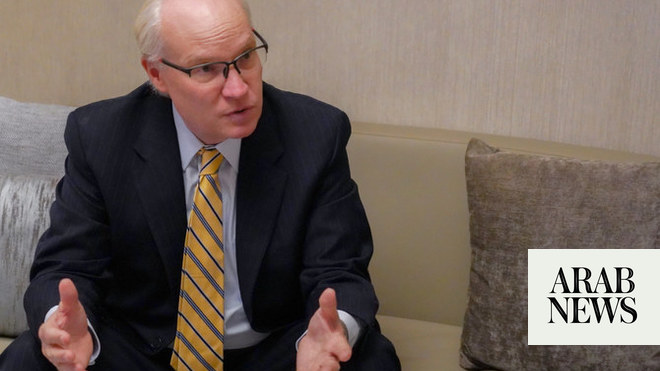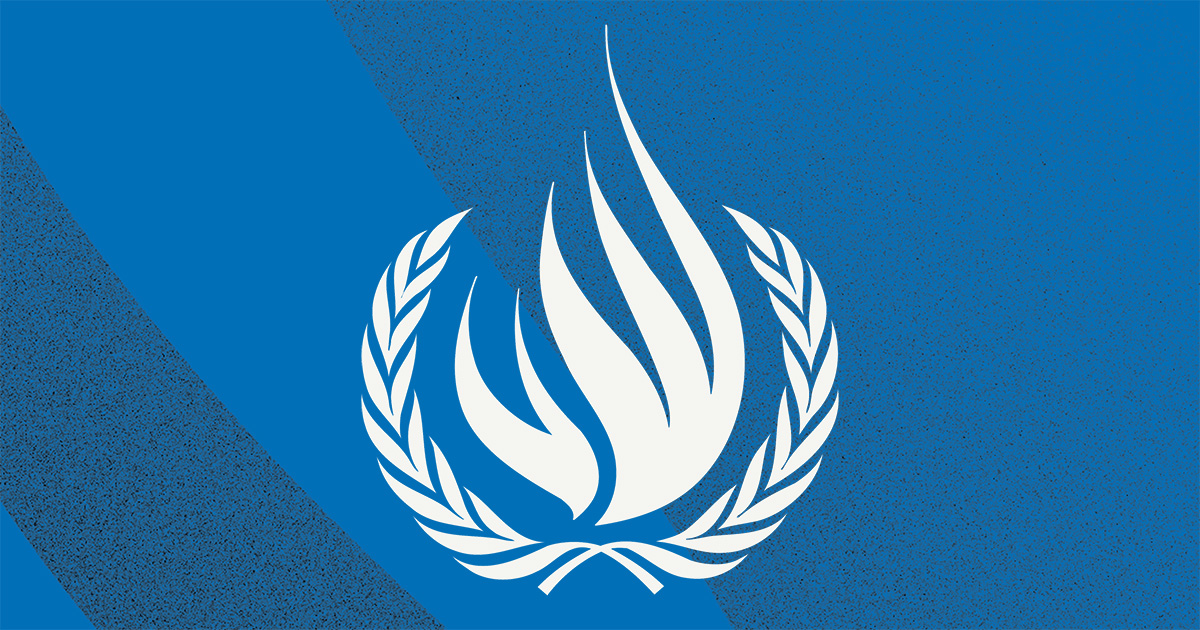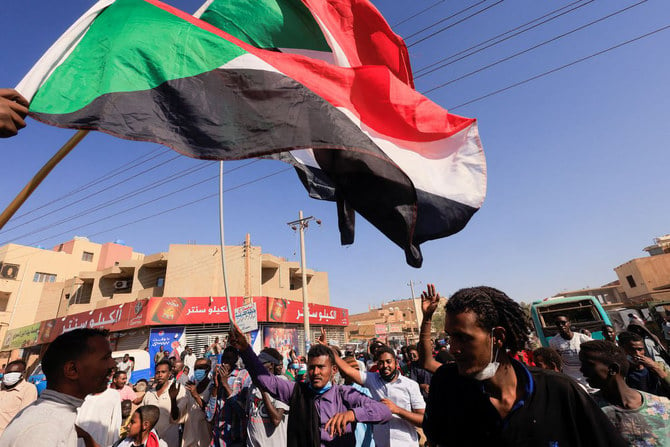
This time it is real and tangible. The Russian Defense Ministry on Dec. 28 hosted a meeting between the Turkish and Syrian defense ministers. Both ministers were accompanied by the intelligence chiefs of their respective countries because the preliminary stages of the present series of meetings were held between these services.
This is a major breakthrough that was in the offing for some time. Turkish President Recep Tayyip Erdogan had been giving signals for months. The next step of the process is expected to be at the level of foreign ministers. In fact, four days after the Moscow meeting, Turkish Foreign Minister Mevlut Cavusoglu said that such a meeting could take place in the second half of January. We are at the beginning of a long process of negotiations that might take months or even years to reach its conclusion.
It is worth remembering that, since the very first days of the Syrian uprising, Ankara has consistently sided with the opposition and done everything possible to weaken the regime. Even after the international community was led to the conclusion that the survival of the Syrian regime would be a better option than fighting the radical terrorist organizations, Turkiye continued to fight the regime single-handedly.
Russia’s game-making role in this deal tips the balance in favor of the Russia-Syria coalition and against Turkiye’s interests because Ankara is the pleading side in this initiative. Iran is also eager to have a role in the negotiations, but Turkiye is not warm to Tehran’s involvement as the role of the latter undoubtedly aims at strengthening the Syrian regime. Whether Turkiye will one day come to the point of helping to consolidate the Syrian regime is difficult to tell.
Turkish Defense Minister Hulusi Akar has said that he and his counterpart from Damascus discussed the Syrian crisis, refugees and the common efforts to fight all terror groups operating in Syria.
The Syrian media reported the Moscow meeting as a positive effort, but particularly underlined the importance of respect for Syria’s territorial integrity, fighting terror, ending the unlawful foreign occupation of Syria, the categorical rejection of any separatist movement, and that Turkiye’s words have to be supported by deeds.
The news about holding the foreign ministers’ meeting in the second half of January will accelerate the process, but the Syrian side is not likely to jump over the conclusions. The initial statements neither depict a gloomy picture nor guarantee a positive outcome.
There are several substantive issues to be taken up at the negotiation table. One is the presence of Kurdish fighters on the Syrian side of the Turkish-Syrian border. Those to the east of the Euphrates river are heavily supported by the US. Turkiye is uneasy about their presence. The Syrian government also has problems with the Kurds, but they are of a different nature. Damascus does not want the Kurds to consolidate the local governance they have already established. Russia, without pushing too hard, is inclined to promote the Kurdish cause and integrate, if possible, the Kurdish fighters of the People’s Protection Units into the Syrian army as a separate brigade.
Russia’s game-making role in this deal tips the balance in favor of the Russia-Syria coalition and against Turkiye’s interests.
Yasar Yakis
The second substantive issue is the extremist groups that are concentrated in the north of Idlib. When the Syrian government was planning to carry out a military attack against them, Turkiye persuaded Russia to pressure Damascus into not carrying out this operation. Instead, Ankara promised Russia that it would do its best to get these fighters to lay down their arms. Despite its genuine efforts, Turkiye could not achieve this goal. How long Syria will tolerate their presence within its borders is an important question. This will be a major headache during the negotiations.
Third is the millions of Syrian refugees that Turkiye wants to send back to their country. To what extent the Syrian government will be eager to receive them remains to be seen. Turkiye has built tens of thousands of dwellings in areas close to the Turkish border, but both Russia and Iran have underlined that these people need to be repatriated not to a region that is alien to them, but to their original environment.
Fourth is putting an end to the Turkish military presence in Syria. This may become one of the most difficult questions. Ankara has not so far given any hint on its exit strategy. It is not even clear whether it has one.
Fifth is the disbandment of the Free Syrian Army that Ankara was using to weaken the regime.
There may be deadlocks and pitfalls, but the Turkish-Syrian conflict has to be solved one way or another. Russia’s mediation will be essential at every stage.
Turkiye’s Syria question is a problem created by Ankara, so the responsibility to solve it will primarily be incumbent on it.
Yasar Yakis is a former foreign minister of Turkiye and founding member of the ruling AK Party. Twitter: @yakis_yasar












